Keywords: Catholic Church In Australia
There are more than 200 results, only the first 200 are displayed here.
-
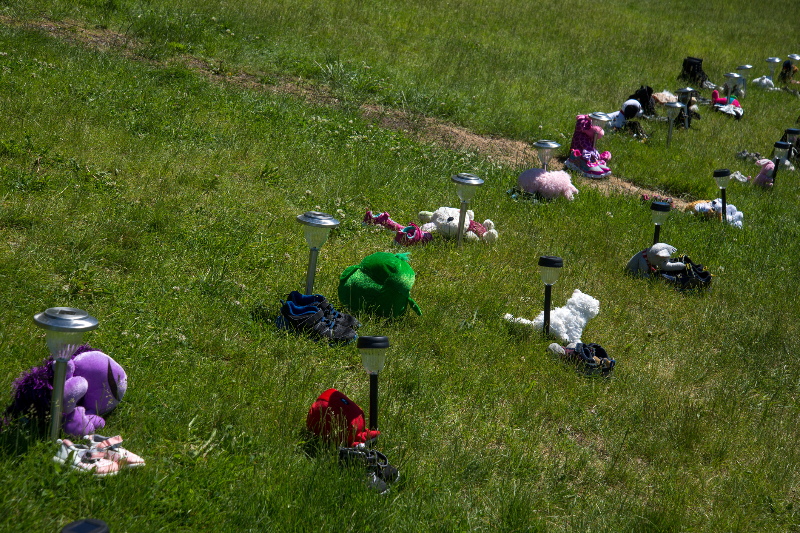
AUSTRALIA
- Celeste Liddle
- 12 August 2021
9 Comments
Across the Pacific Ocean, in Canada or ‘Turtle Island’ as it is also known by many of its Indigenous inhabitants, a horror has been unfolding. It started at a the former residential school in Kamloops, British Colombia where, via the use of ground penetrating radar technology, the remains of at least 215 Native Canadian children were found buried in mass unmarked gravesites. This school ran for 85 years, was part of compulsory government programs to forcibly assimilate these children, and was administered by the Catholic Church.
READ MORE 
-
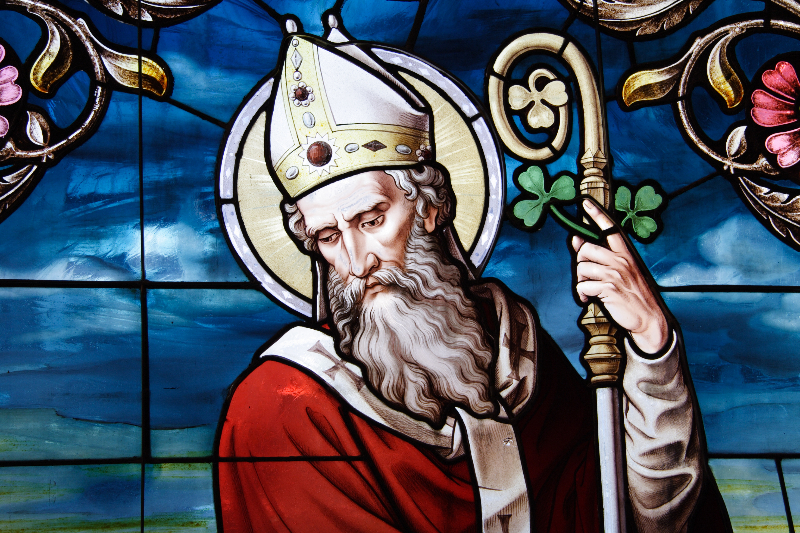
RELIGION
- Andrew Hamilton
- 12 August 2021
67 Comments
Among Australian Catholics the Plenary Council and the preparations for the Synod in Rome on Synodality have aroused hope and stirred scepticism. It is clear that a Church diminishing in numbers of participants in its public life and in its financial resources, and discouraged by the extent of child abuse by its officers, must find new ways. But that the processes of the Council and the Synod will spark fresh energy for change is not a given.
READ MORE 
-

AUSTRALIA
- Joel Hodge
- 10 August 2021
13 Comments
Whatever one thinks of the Census21 campaign, I agree with the implicit aim: all people should be honest in answering the Census questions. It doesn’t matter whether one is affiliated to a major religion, no religion, or has another spirituality not listed, it is crucial that we give compete answers that reflect our real lives.
READ MORE 
-

RELIGION
- Andrew Hamilton
- 05 August 2021
60 Comments
Critical Race Theory, which has recently been banned ineffectively by the Australian Senate from the National Curriculum, has everything going for it as a lightning rod. It has an acronym (CRT), opacity and an air of self-importance. It is also associated with a controversial social movement: Black Lives Matter. The theory does not need to be understood before generating heat.
READ MORE 
-
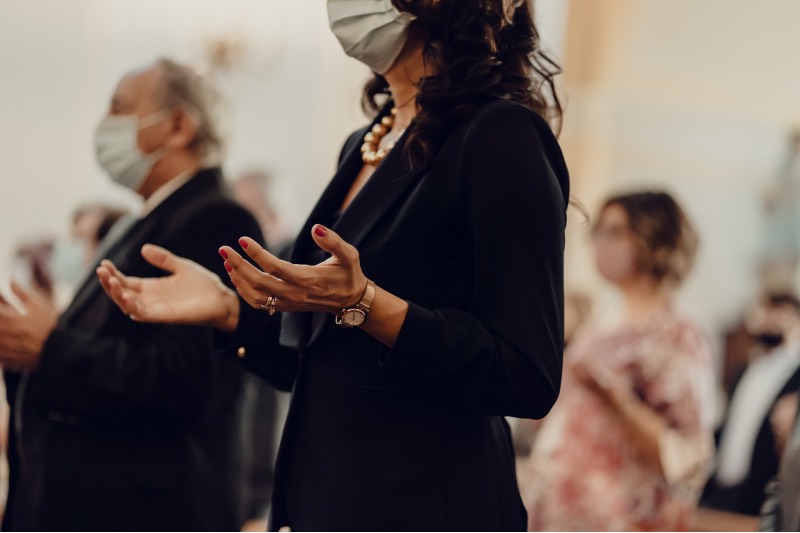
RELIGION
- John Warhurst
- 20 July 2021
70 Comments
The Plenary Council First Assembly is only two months away, but uncertainty still remains about the role that its 282 members will play. Not just about what work they will do but what conception of the role they will bring or will be imposed upon them by the authorities.
READ MORE 
-
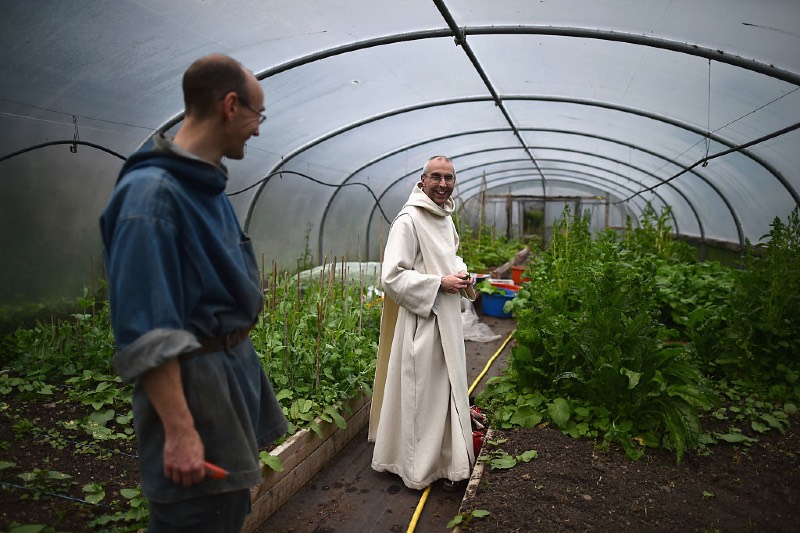
RELIGION
- Andrew Hamilton
- 15 July 2021
14 Comments
Benedict’s rule anticipates and handles the weakness inherent in enthusiastic movements led by charismatic leaders to leave the world. They import into the communities the power-based relationships in the world that they left.
READ MORE 
-
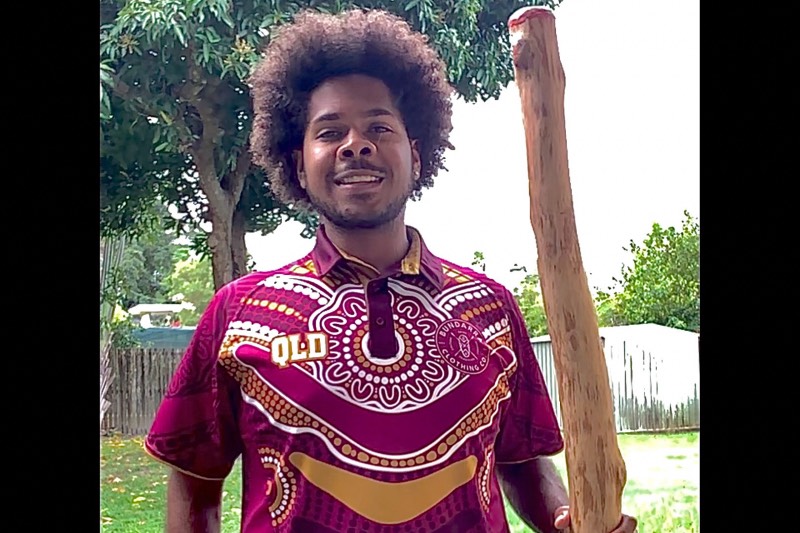
FAITH DOING JUSTICE
The question of reconciliation in the Church is particularly pressing, given 2021 marks the 250th anniversary of the arrival of Christianity in Australia, and the 150th anniversary of the arrival of Christianity to the Torres Strait. Yet many First Australians recognise that the Spirit of God was poured out onto the original inhabitants of this great Southern Land many, many thousands of years prior.
READ MORE 
-
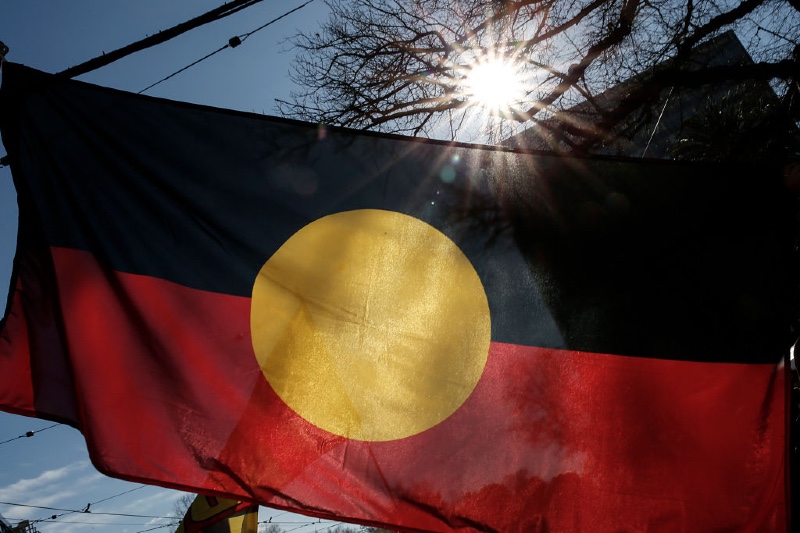
FAITH DOING JUSTICE
But it is possible the members of the Plenary could begin to hear a deeper voice speaking in their hearts. There may arise a new courage to start a process of truth and reconciliation, reporting the process of this journey to the second Plenary Council planned for Sydney, July 2022. We can only begin that journey if members of the Plenary Council come and are open to listening to that deep inner voice.
READ MORE
-

AUSTRALIA
Reading the paper, Instrumentum Laboris, written in preparation for the coming Plenary Council, I found myself quite disappointed by the lack of depth, awareness and any sense of the need for an apology. Much less an openness to any serious conversion that is needed within the Church.
READ MORE 
-
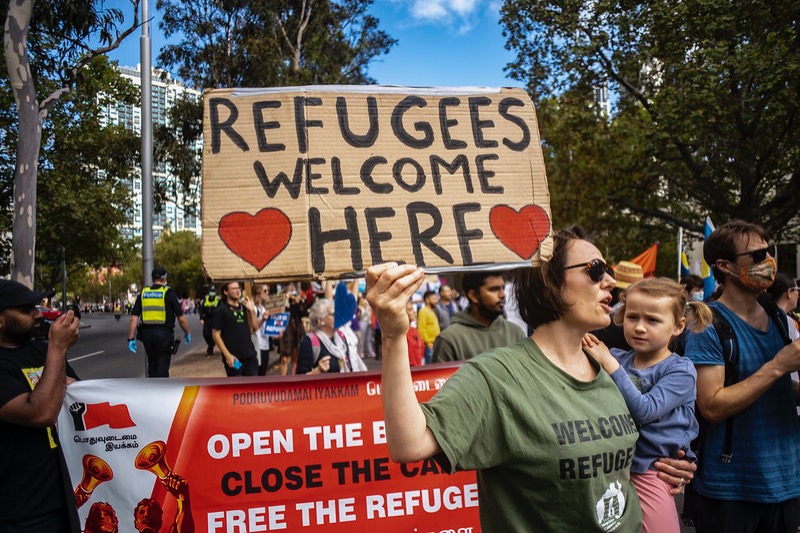
FAITH DOING JUSTICE
- Vincent Long Van Nguyen
- 24 June 2021
15 Comments
With the average length of detention in Australia now at an historic high, it is timely to review how immigration detention is used. It should be a last resort that is used for the shortest practicable time so that people who pose little risk to the community are not unnecessarily deprived of their liberty, and that they are able to contribute to the community.
READ MORE 
-

RELIGION
- John Warhurst
- 22 June 2021
57 Comments
Democracy is a modern ideal, still fighting for acceptance in some parts of the world. It has had to be fought for by brave advocates. The church by contrast is an ancient pre-democratic institution, which shows in its hierarchical organisation and undemocratic internal processes.
READ MORE 
-
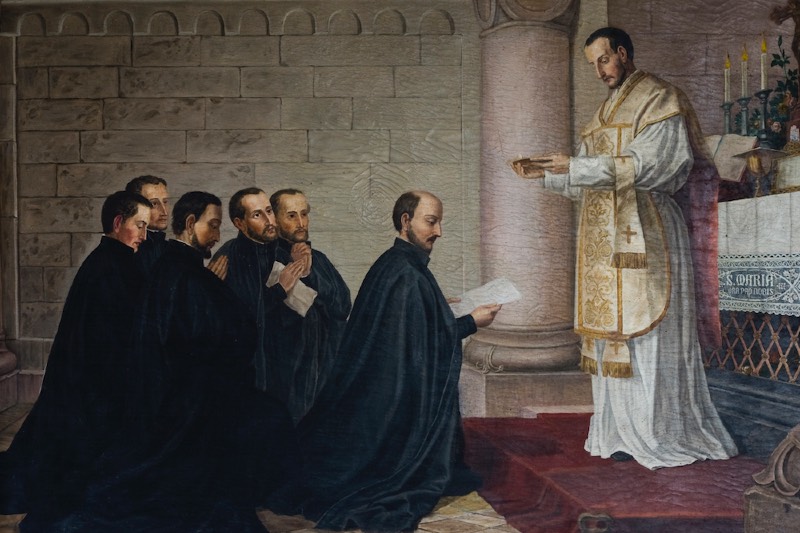
RELIGION
- Andrew Hamilton
- 20 May 2021
29 Comments
20 May marks the five hundredth anniversary of a chance event with large consequences. In 1521 a stray cannonball ricocheting off a castle wall in a minor skirmish broke the leg of a knight defending the castle. It had large consequences for him and for the world. The long convalescence of Ignatius Loyola after the siege of Pamplona changed the direction of his life and shaped the church and world that we inherited.
READ MORE 